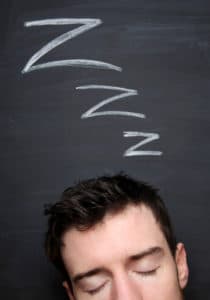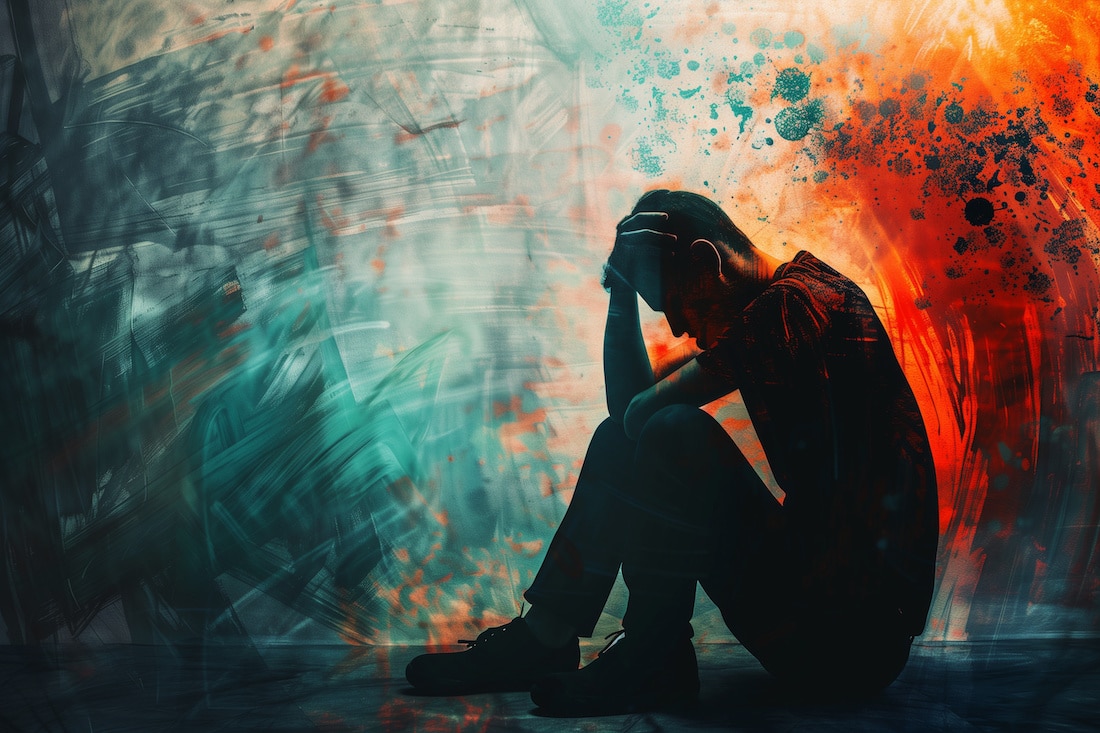 Alcohol is a central nervous system depressant that affects every organ in your body. Alcohol is absorbed from your stomach and small intestine and rapidly travels into the bloodstream. From there, your liver metabolizes it. A large problem for alcoholics is that your liver can only metabolize a small amount of alcohol at one time, so the excess alcohol is left to circulate throughout your body. Once someone becomes dependent on alcohol, the body goes through withdrawal symptoms if it does not have a continual supply of alcohol. These withdrawal symptoms can be extremely dangerous, which is why addiction treatment programs are the best plan for people who are ready to give up alcohol.
Alcohol is a central nervous system depressant that affects every organ in your body. Alcohol is absorbed from your stomach and small intestine and rapidly travels into the bloodstream. From there, your liver metabolizes it. A large problem for alcoholics is that your liver can only metabolize a small amount of alcohol at one time, so the excess alcohol is left to circulate throughout your body. Once someone becomes dependent on alcohol, the body goes through withdrawal symptoms if it does not have a continual supply of alcohol. These withdrawal symptoms can be extremely dangerous, which is why addiction treatment programs are the best plan for people who are ready to give up alcohol.
How Detox Adds to Fatigue
People who enter into treatment for alcohol addiction often feel extreme fatigue when they are in the early stages of the program. While in an addiction treatment center, you will first go through a safe medical detox process. The detox process is simply the elimination of alcohol and the toxins that it produces within your body. You will not focus on anything else other than having a safe medical detox during this phase of treatment for alcohol addiction. Withdrawal symptoms for alcoholism can begin within five to 10 hours after your last drink, but withdrawal peaks after several days of abstinence. Alcohol withdrawal symptoms also vary depending on your age, how much alcohol you consume on a daily basis, and how long you have been abusing alcohol.
For More Information About Our Alcohol Treatment Programs Call Us At: (310) 455-5258 There are many different symptoms experienced as your body adjusts to the idea that the supply of alcohol has stopped. Some of these are: Mental Symptoms:
- Depression
- Anxiety
- Irritability
- Nervousness
- Emotional fatigue
Physical Symptoms:
- Nausea and vomiting
- Insomnia
- Sweating
- Rapid heart rate
- Body tremors
- Loss of appetite
With all of these possible symptoms added to the stress that people usually feel during their first phase of treatment for alcohol addiction, is it any wonder that you feel extremely tired? In fact, fatigue is one of the most common problems that people must adjust to when entering addiction treatment programs.
Tips to Combat Fatigue
Your body and brain have been abused by excess alcohol, which has taken a toll on your physical and mental health. Fatigue is simply a symptom rather than an illness or a disorder. You may feel tired all the time and just seem to lack a healthy energy during the first portion of your addiction treatment. The following tips will help you to combat that feeling of tiredness while in treatment for alcohol addiction:
- One of the best things that you can do to fight fatigue during this time is to be patient with yourself. Understand that your body has been beaten up by alcohol abuse and it needs time to bounce back. Don’t rush it.
- Follow a healthy nutrition plan. Your counselors will work with you to develop a proper nutrition plan for your body type. You will need to increase your niacin intake along with each of the B vitamins, as alcohol depletes your body of these. Women must also monitor their iron intake, as the body can’t absorb iron without proper levels of vitamins B and C. Proper nutrients and diet can help you feel more energetic.
- Exercise as your treatment plan instructs you to do. Your plan of care will consist of exercising and/or breathing exercises. You will need to participate in these as often as possible. Once your body begins moving and breathing, it begins to repair itself. Endorphins begin to flow through your brain again and your body gets back some of its own natural energy. Exercise does a body good!
- Get needed rest. Your body is going through a lot when you are in the beginning stages of recovery from alcohol addiction. Be sure to get plenty of sleep each night and rest when your body tells you it needs it.
Understand that it takes time for your body to recover from alcohol abuse. Once you begin to do the work involved in your treatment for alcohol addiction, your fatigue will slowly begin to fade. Day by day, you will feel much better. Everyone experiences different symptoms during recovery, but fatigue is something that you can easily overcome.



